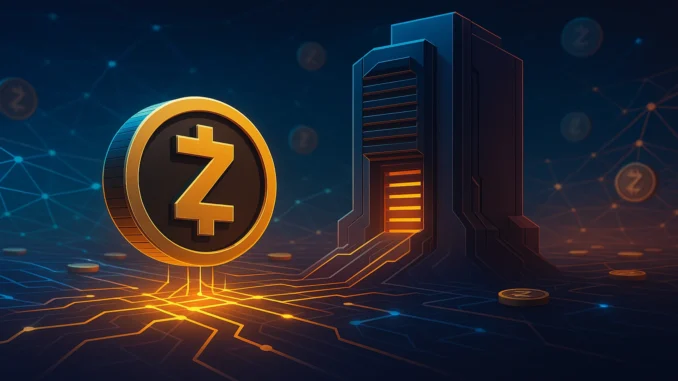
ViaBTC’s Dominance Raises Concerns
The Zcash blockchain, once praised for its privacy and decentralization, is now under scrutiny after reports revealed that ViaBTC controls more than 73% of the network’s total hashrate. This concentration of power poses a direct threat to Zcash’s fundamental principle of decentralization and could have serious implications for network integrity.
Risk of a 51% Attack
With majority control, ViaBTC theoretically has the capacity to execute a 51% attack, a scenario in which a single entity gains the ability to manipulate the blockchain. Such an attack could allow for double-spending, transaction reversals, or even block reorganization, undermining the trust and security of the network.
Transaction Censorship and Market Manipulation
Another significant concern is transaction censorship. A dominant mining pool could selectively choose which transactions to process, effectively deciding which users’ transactions are confirmed. Furthermore, with such influence, ViaBTC could potentially manipulate transaction ordering or influence market behavior for unfair profit.
Impact on Network Trust and Decentralization
This level of centralization weakens confidence among Zcash users, investors, and miners. The entire concept of blockchain transparency and fairness depends on distributed control — and when a single pool dominates, the risk of manipulation and reduced network resilience increases sharply.
Possible Solutions for the Zcash Community
To restore balance and reduce the risks associated with centralization, the Zcash community could consider:
- Hard forking to modify the mining algorithm and discourage dominance by a single pool.
- Incentivizing smaller and decentralized mining pools to redistribute hashrate more evenly.
- Exploring a shift to Proof-of-Stake (PoS) to reduce the risks associated with concentrated mining power.
The Path Forward
Zcash stands at a crossroads — either it reinforces its decentralization or risks losing the trust that once made it a cornerstone of privacy-focused cryptocurrencies. The ViaBTC situation serves as a reminder that even in blockchain systems, decentralization must be actively maintained, not assumed.


